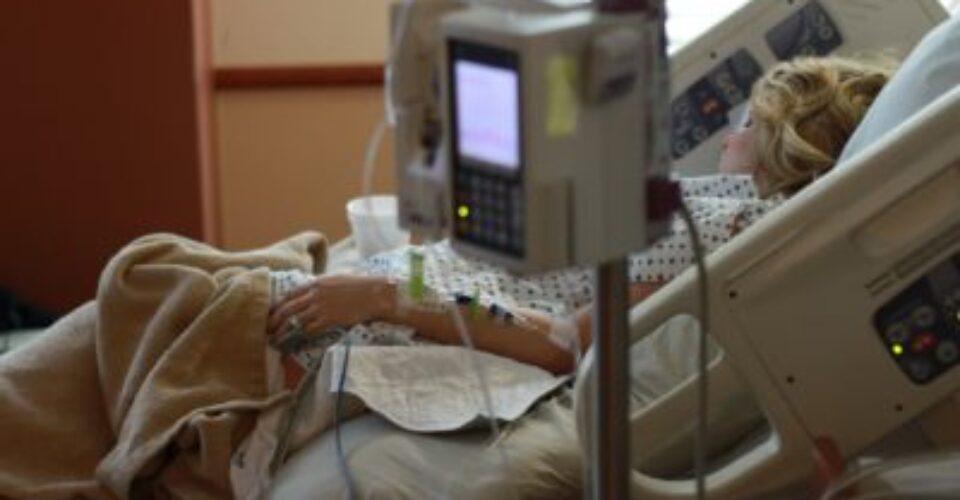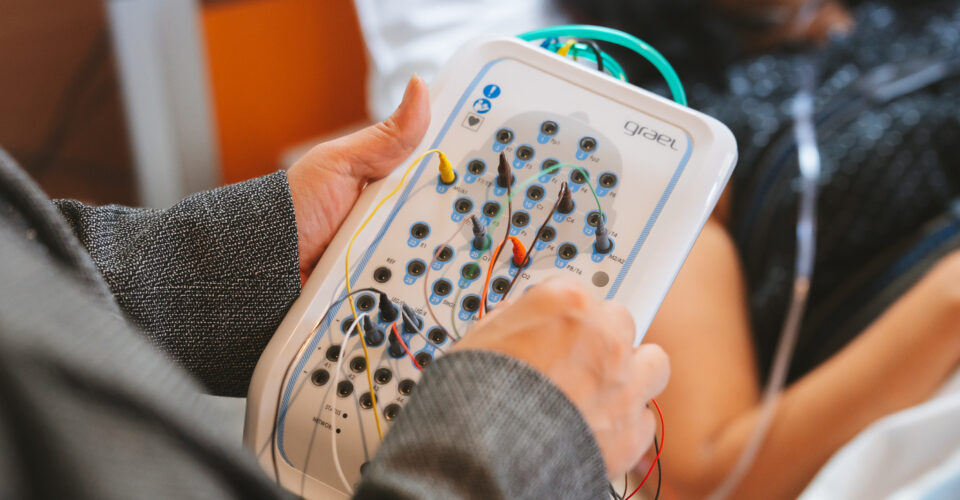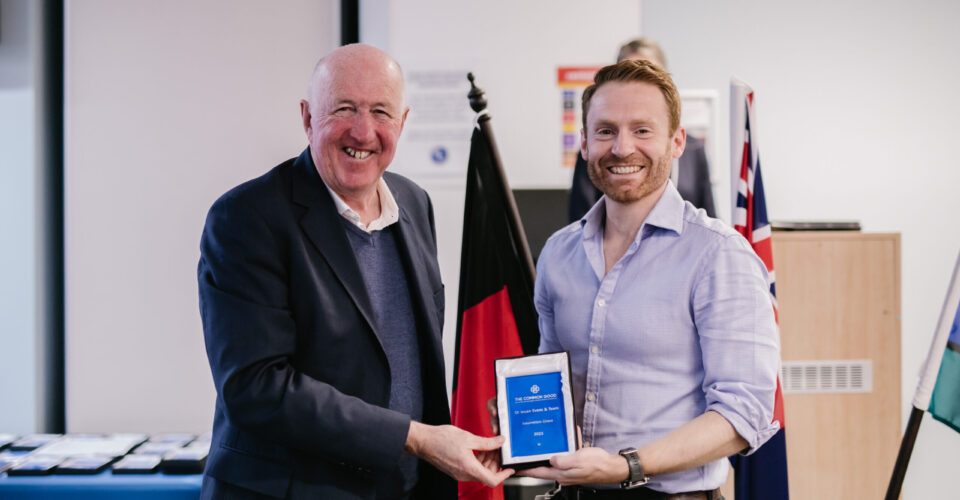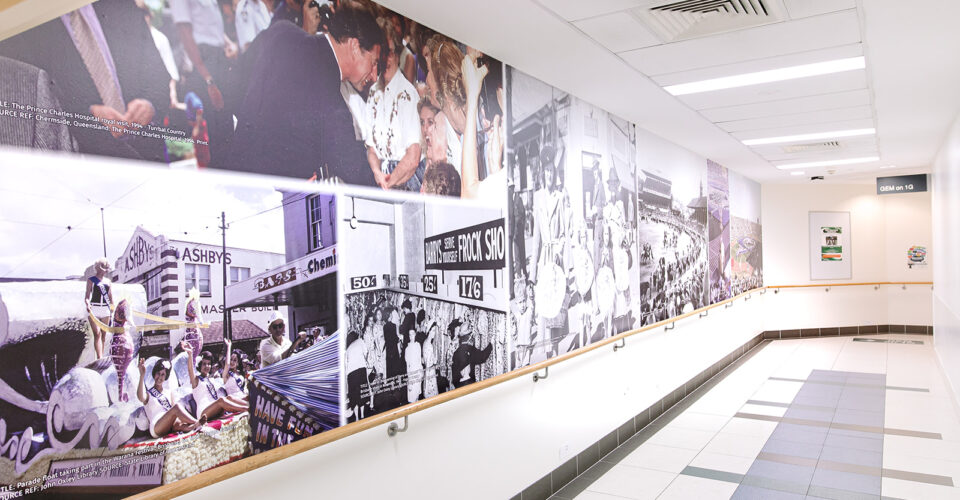A fever, chills down your spine, heart racing and nausea; these are all things you might feel if you have severe infection (or sepsis). In Australia, severe infection will hospitalise about 15,000 people, and the World Health Organisation (WHO) recommends they are treated one of two ways; fluid resuscitation and/or blood transfusion. However, alarmingly, an award-winning study has revealed that these guidelines could actually lead to heart failure and vascular collapse.
Now, think about the 20 to 30 million patients worldwide that suffer from severe infection. That is 20 to 30 million people who go to a hospital or a doctor because they’re in pain: they’re dizzy, they have a fever, and they’re vomiting and possibly worse. They will then be treated according to these WHO guidelines, potentially leaving them in danger of cardiovascular collapse.
Through this study the Critical Care Research Group have taken on research to discover exactly when, where and what is leading to the break down in the capillary system and leading to heart failure. They’re doing this by using advanced ECHO scans to identify when the heart begins to fail after the administration of fluid resuscitation or blood transfusion.
The research group hope this study will lead to finding better ways treat patients with severe infection in order to avoid heart failure, potentially challenging the widely accepted WHO guidelines but ultimately saving more lives!
Support The Common Good here.









